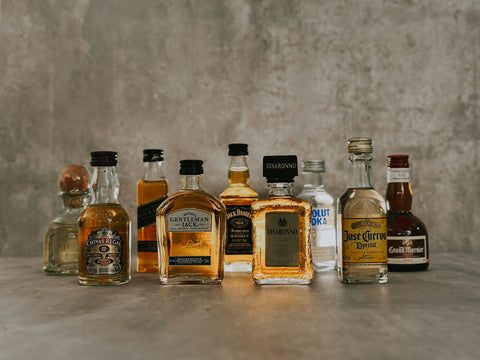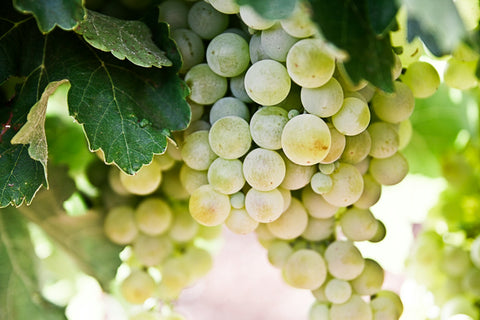For wine lovers, the allure of aged wine lies in its complex flavors, subtle nuances, and undeniable charm. But what exactly happens to wine as it ages, and why do some bottles improve with time while others fade into obscurity? In this enlightening exploration, we delve into the science behind aging wine, uncovering the chemical reactions, environmental factors, and winemaking techniques that contribute to its evolution over time. Whether you're a seasoned oenophile or a curious novice, this guide offers valuable insights into the fascinating world of aged wine.
Understanding the Chemistry of Aging:
At its core, the aging process is a delicate dance of chemical reactions that transform the structure and composition of wine over time. As wine matures, oxygen slowly seeps through the cork and interacts with phenolic compounds in the wine, softening harsh tannins, mellowing acidity, and enhancing aromatic complexity. Additionally, trace amounts of volatile compounds such as esters, aldehydes, and ketones develop during aging, contributing to the wine's bouquet and flavor profile. The result is a harmonious integration of flavors and textures that distinguishes aged wine from its youthful counterparts.

Factors Influencing Aging Potential:
Several factors influence a wine's aging potential, including grape variety, winemaking techniques, storage conditions, and environmental factors. Wines made from high-tannin grape varieties such as Cabernet Sauvignon and Nebbiolo tend to age well due to their inherent structure and acidity, while lighter-bodied varieties like Pinot Noir and Gamay are best enjoyed in their youth. Winemaking practices such as extended maceration, barrel aging, and malolactic fermentation can also influence a wine's aging potential, imparting additional layers of complexity and depth.
Optimal Storage Conditions:
Proper storage is crucial for aging wine, as environmental factors such as temperature, humidity, light, and vibration can all impact the wine's development over time. Ideally, wine should be stored in a cool, dark environment with consistent temperatures between 55-60°F (13-15°C) and relative humidity levels of 60-70%. Avoid exposing wine to direct sunlight or fluctuations in temperature, as these can accelerate the aging process and compromise the wine's quality. Additionally, store wine bottles horizontally to keep the cork moist and prevent oxidation.

Knowing When to Enjoy:
While aging wine can enhance its complexity and character, not all wines are meant for long-term aging. Most wines are best enjoyed within a few years of release, when their fruit flavors and aromas are at their peak. However, certain wines with high acidity, tannin, and sugar content have the potential to age gracefully for decades, evolving into truly exceptional expressions with time. Trust your palate and intuition when deciding whether to age a wine or enjoy it in its youth, and remember that the ultimate goal is to savor and appreciate each bottle in its own time.
As wine lovers, understanding the science behind aging wine adds a new dimension to our appreciation and enjoyment of this timeless libation. By exploring the chemical reactions, environmental factors, and winemaking techniques that shape a wine's evolution over time, we gain a deeper understanding of its complexity and allure. Whether you're opening a bottle of aged Bordeaux or a youthful Burgundy, may each sip be a celebration of the science, artistry, and tradition that make wine such a cherished part of our lives. Cheers to the journey of discovery, and may your wine adventures be filled with unforgettable moments of joy and discovery.


